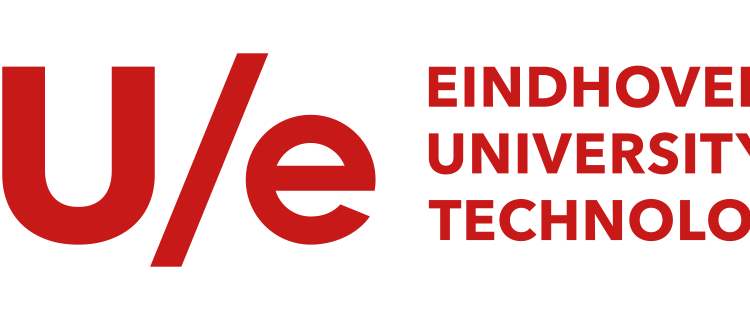Eindhoven University of Technology: Smarter cities through better data sharing and accessibility
The National Growth Fund must ensure that the prosperity of the Netherlands is also guaranteed for the future. TU/e plays an important role in this, as was demonstrated when the grants were awarded in the second investment round just before Easter. No fewer than ten projects involving researchers from our university were rewarded. In a series of articles we highlight the four projects with our greatest contribution. Today’s focus is on the Data Driven Mobility and Smart City Ecosystem project (DEMS), a new data infrastructure to be built that will enable us to regulate mobility in our cities even more intelligently.
Dutch cities are growing. That is why the government must take a good look at the layout of these cities, and make smart use of the space that is (still) available. This is no easy task; various aspects must be taken into account, such as safety, accessibility, liveability and health.
Indispensable Link
Data plays an indispensable role in the creation of urban development and mobility plans. Think of insights into traffic density or air quality. But then that data has to be available, and accessible in the right way.
The Netherlands already has the necessary data sources – from the government, the business community and knowledge institutes, among others – but not all data is up-to-date. It is also not always possible to exchange data between different sources, due to a lack of standards and agreements on use.
Reinventing the wheel
“We now capture data in different ways, and often don’t share it with other institutions or sectors. If one institution is working on data about traffic flow, the other does not know about it, while the same data can also be used to map out health or safety effects. That is a shame and inefficient, because we have to reinvent the wheel for every city,” explains Margriet Van Schijndel-de Nooij, Responsible Mobility program director, part of the EAISI AI institute and involved in the project proposal on behalf of TU/e.
Through the Growth Fund, the Ministry of Infrastructure and Water Management now wants to build a digital infrastructure for sharing and using data. This includes better access to data sources, but also expanding the amount of usable data. In addition, they are looking at a broader application of the data, and how more effect can be obtained from the available data.
Sustainability
Van Schijndel-de Nooij: “We can use data to make the city and its mobility system more sustainable.” The Growth Fund ambitions therefore fit in with the European Commission’s mission to achieve 100 climate-neutral and smart cities in Europe by 2030. Eindhoven and Helmond were also jointly selected for this mission. “We could make that more concrete now, and serve as an example of a smart city.”
Building a data infrastructure is a major operation that will be carried out in chunks. The focus is initially on mobility and urban applications and services. Later, the focus may broaden to other facets, such as energy and the public space.
A maximum of 85 million euros has been reserved for the project in which TU/e is involved. The main initiators are the Ministry of Infrastructure and Water Management, consultancy firm Goudappel and TNO. The plan must first be refined before the money is actually made available, but Van Schijndel-de Nooij has every confidence in a good outcome. “We are pleased that the Growth Fund committee understands how a broadly based data ecosystem can have a significant contribution to answering important issues around urbanization, climate and sustainable mobility.”

